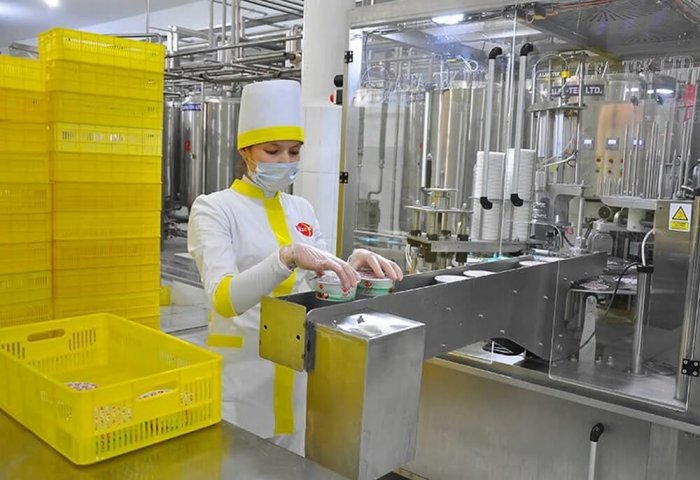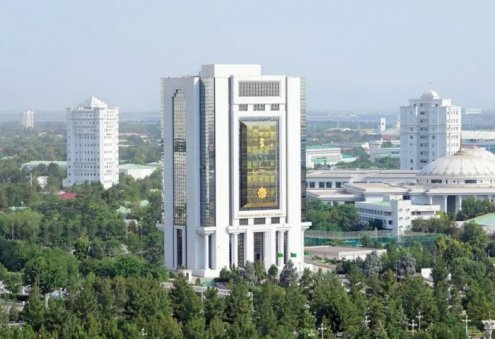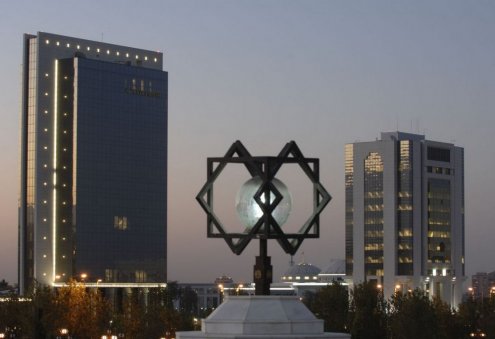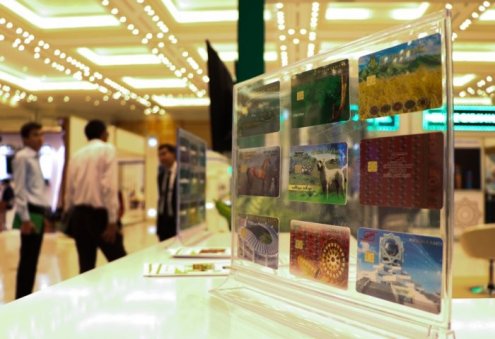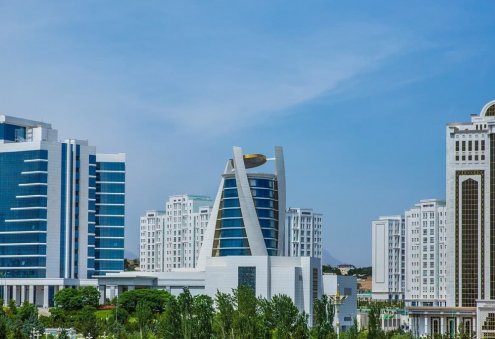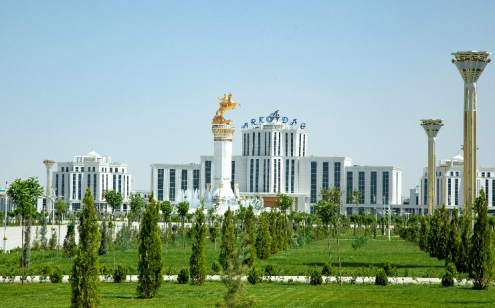The food sector, an important component of the global economy, accounts for 10 percent of global GDP and 40 percent of global employment. However, factors such as global income changes, population growth, and climate change are strongly altering the outlook for global food supplies.
Income changes:
Changes in income levels around the world affect the demand and supply of food. Rising income levels in developing countries are changing consumer preferences and increasing the demand for protein and high-quality products. This situation increases the demand for livestock products and causes a transformation in the agricultural sector. On the other hand, in high-income countries, there is a growing demand for healthy and organic foods and an increasing interest in sustainable farming practices.
Population growth:
At a time when the world's population is growing rapidly, food production must meet this growing demand. It is estimated that the world population will reach 9 billion by 2050. This requires the adoption of more efficient and sustainable food production methods. Solutions such as technological innovation, digital farming techniques, precision farming, and vertical farming in the agricultural sector play an important role in increasing productivity and using limited resources more efficiently.
Climate change:
Climate change is one of the factors having the biggest impact on the global food supply. The effects of climate change, such as rising temperatures, water scarcity, extreme weather events, and erosion of agricultural land, reduce agricultural productivity. This poses a threat to food production. To combat climate change, it is important to adopt sustainable farming practices, water management, the use of climate-friendly plant species, and renewable energy-based farming practices.
Conclusion:
The global food supply is undergoing major changes due to income changes, population growth, geopolitical tensions, and climate change. These changes require innovative solutions and sustainable agricultural practices in the agricultural sector. Technological advances offer great potential for increasing efficiency and the efficient use of resources. At the same time, global cooperation, policy reforms, and investments will determine the prospects of the world's food supply in terms of sustainability and stability. But one should not forget that these changes are everyone's responsibility to ensure food security, as everyone has the right to access healthy and nutritious food.
Nurmyrat Mommayev,
PhD Candidate at Marmara University's Department of Political Science and International Relations in Istanbul, Türkiye

